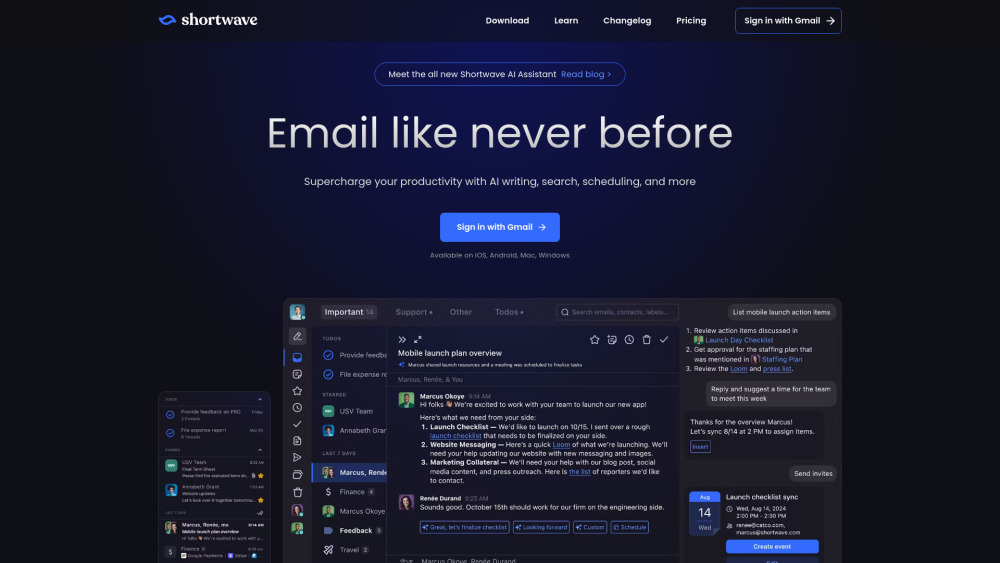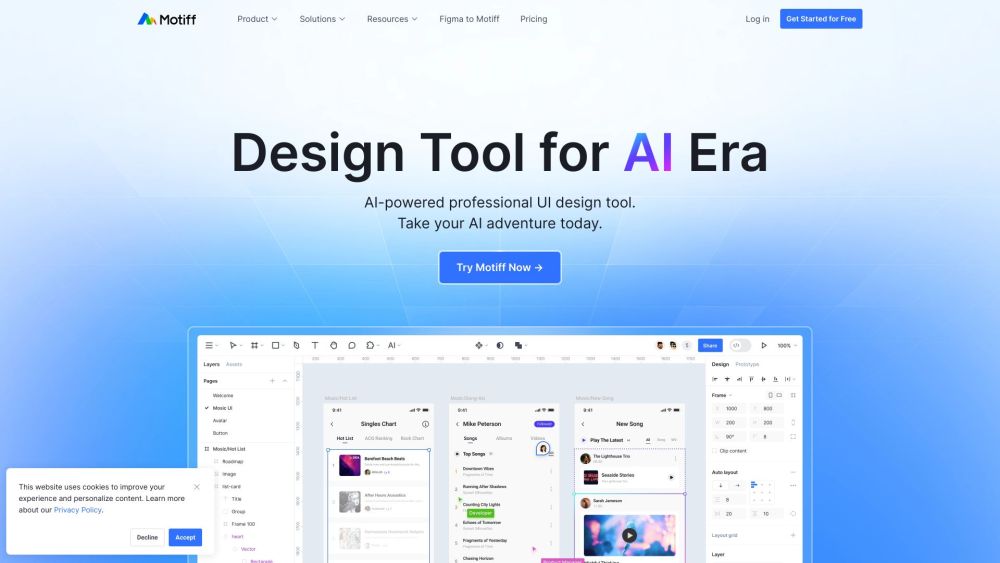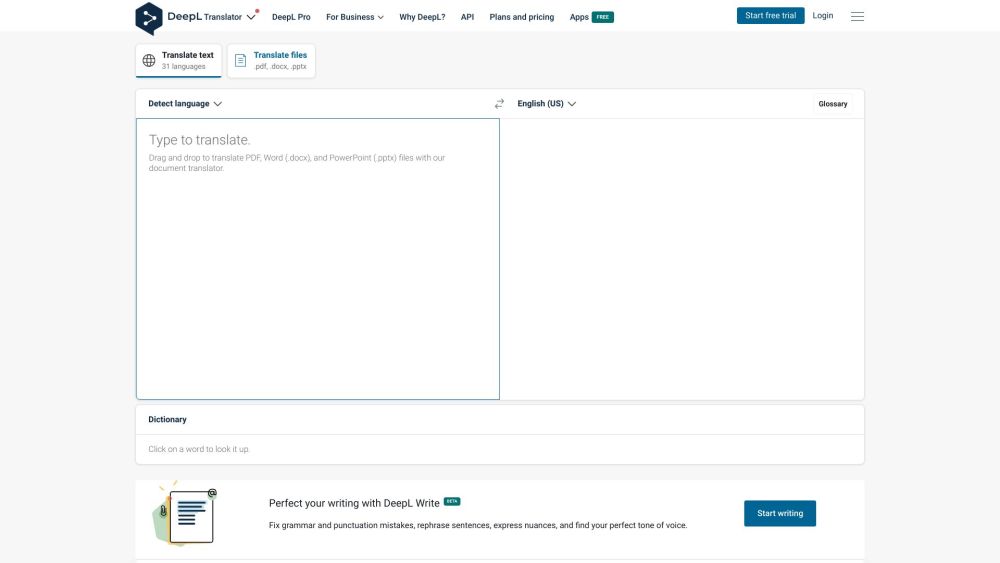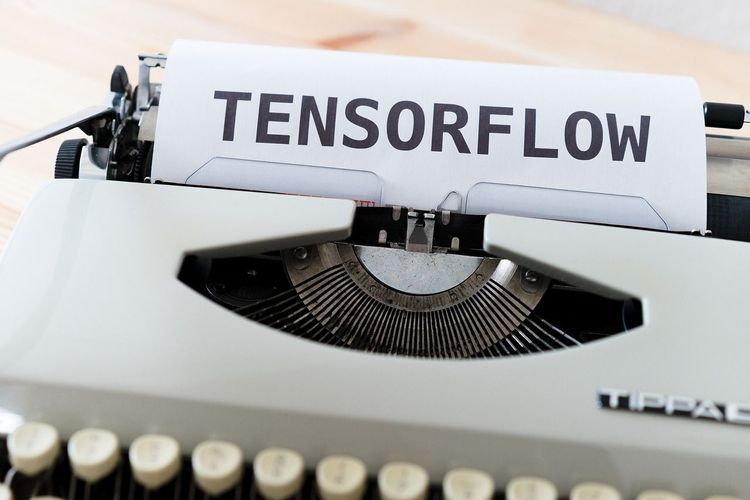AIGC Tool Navigation on Baidu: Over 100 AI-Powered Courses Launched by Electronic Science and Technology University
Most people like

Revolutionize your email management and boost your productivity with our advanced AI-powered tool. This innovative solution streamlines your inbox, prioritizes your messages, and helps you stay organized, ensuring you never miss an important email again. Experience a smarter way to manage your emails and enhance your efficiency today!

Invisible Technologies specializes in cutting-edge software solutions designed to enhance communication and boost productivity. Our innovative tools empower businesses to streamline workflows and improve collaboration seamlessly.

Unlock the potential of your creative projects with our AI-powered design tool, specifically crafted for seamless and comprehensive prototyping. Experience an innovative approach that streamlines your design process and elevates your prototypes to the next level.
Find AI tools in YBX


